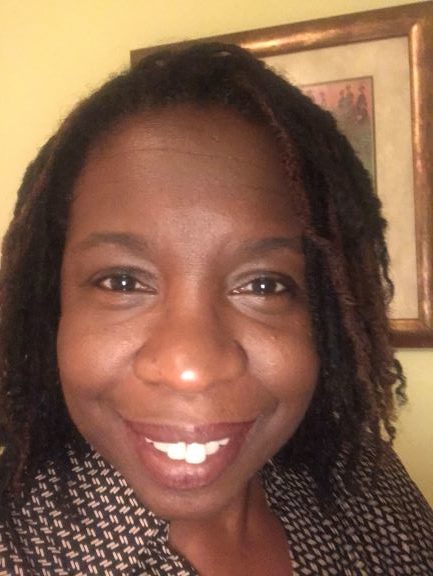Mass bailout draws attention to health risks, poor conditions for those held on unaffordable bail
 December 15, 2020
Category: Featured, Medium, Purpose
December 15, 2020
Category: Featured, Medium, Purpose
“The system gets over on Black females …” — Nashae
Twenty-nine-year-old Nashae is glad to be on the other side of the doors of the Detention Center (or DC) on State Road. Were it not for the efforts of the Philadelphia Community Bail Fund (PCBF), she might still be there.
Nashae was one of 17 women freed during a mass bailout on Saturday, December 12.
During the mass bailout PCBF was demanding that DA Larry Krasner, Mayor Jim Kenney and the First Judicial District “immediately do a mass release from the City’s jails for public health, beginning with MOD 3, ASD [Alternative Special Detention], and DC,” according to release sent in advance by the organization.
PCBF’s ultimate mission is to end the cash bail system. Until then, the group raises money to post bail for Philadelphians who “cannot afford to pay for their own freedom.” This past weekend, the Fund spent just under $250,000 in bail. Individual bail amounts ranged from $30-30K.
For some, posting $30 of a $300 bail may not seem like much, but as PCBF lead organizer, Candace McKinley, said “If you’re homeless, you just don’t have $30.”
Back in October, Nashae was arrested for what she says were false allegations of child abuse. She says it’s fairly easy to file a claim against someone and be charged. It’s much harder to defend yourself, especially if you lack financial means.
Her initial bail was $200,000. It was reduced to $100,000. PCBF posted $10,000 for her release.
McKinley says the group often sees high bail amounts imposed without consideration to context of a case. Little attention is given to whether the person is a flight risk, or a true danger to the community. Bail hearings are often conducted quickly, and today’s virtual hearings whizz through despite technical glitches.
Some of the women freed this weekend were part of 100 women suddenly transferred from the Riverside Correctional Facility — which had heat, air-conditioning, and even cameras — to three different facilities which reportedly lack the basics.
“DC was supposed to be shut down due to failing inspection. There was mold and insects. They took us to a center that’s supposed to be just for men, “ Nashae said. Conditions at the site, allegedly do not follow COVID-19 guidelines.
Nashae also says she was assaulted by a correctional officer, but since DC has no cameras, she has no corroboration of the assault.
The Department of Prisons offered PCBF little explanation for the transfer. Those held at the three facilities all claimed inhumane conditions.
"I need them to realize that Black people matter."
Hear from another of our comrades about the conditions in @DA_LarryKrasner, @PhillyMayor & @PhilaCourts' jails, & her demands that they release everyone. #FreeThemAll #ShutDownDC
CW: anti-Black violence pic.twitter.com/r95MttLQuz
— Philadelphia Community Bail Fund (@Phillybailout) December 10, 2020
In April, a federal civil rights class action lawsuit was brought against the Department, charging it with putting inmates at higher risk of sickness or death related to COVID-19. A recent article in the Philadelphia Inquirer reported over 800 inmates have tested positive for the virus, and the correctional officers union says 200 staff have been infected.
McKinley believes the women’s’ transfer was a knee jerk reaction to the lawsuit to immediately reduce the prison population. But what may have been meant to be a temporary fix has changed lives like Nashae’s for the long-term.
Two of Nashae’s three children are with relatives while the other is in foster care. She needs a job, affordable housing, and legal representation for her case as well as her treatment at the facility. Her landlord removed her belongings from her residence.
PCBF offers some wrap-around services to help people like Nashae begin to put their lives back together. Services include a small cash assistance, emergency housing referrals, clothing, as well as mental and substance abuse treatment.
There are many more men and women with stories similar to Nashae’s. PCBF is committed to helping as many as funding allows. Since May 2017, the group has freed 559 people, providing over $3 million in bailouts. Most of its funding was raised this year during a heightened awareness of racial injustice.
Trending News










